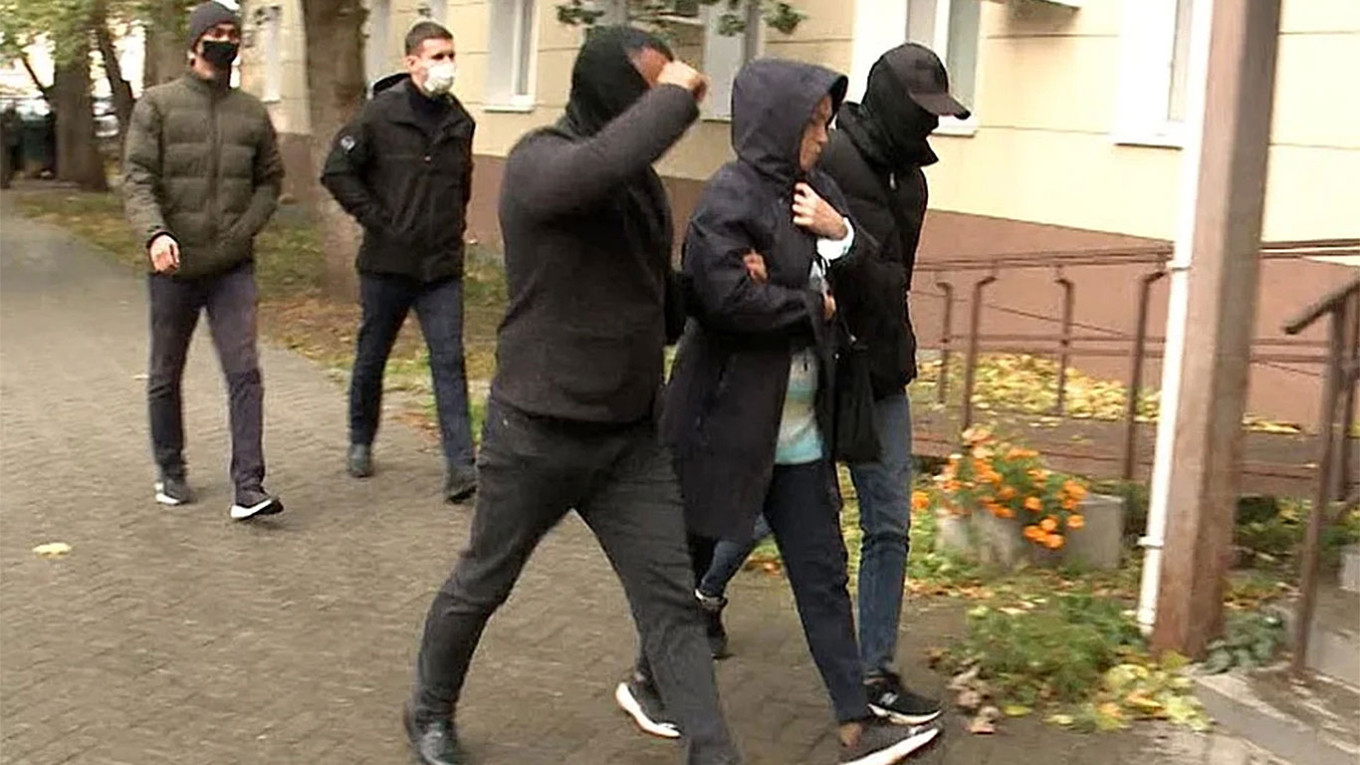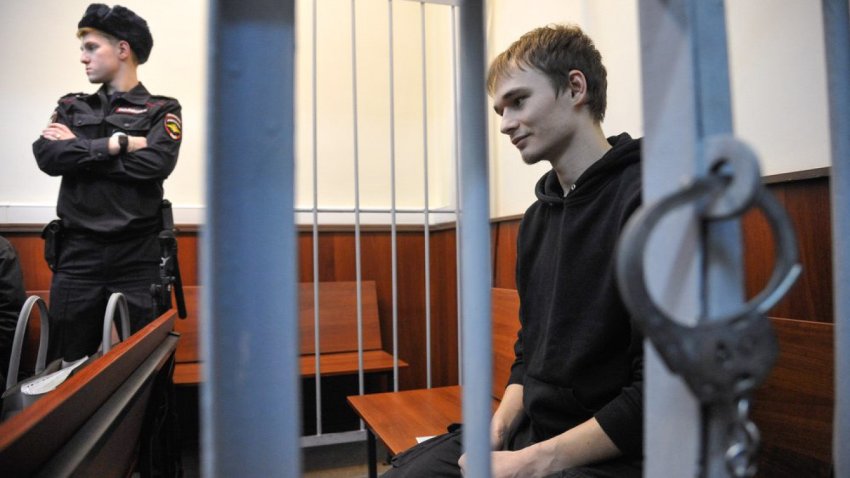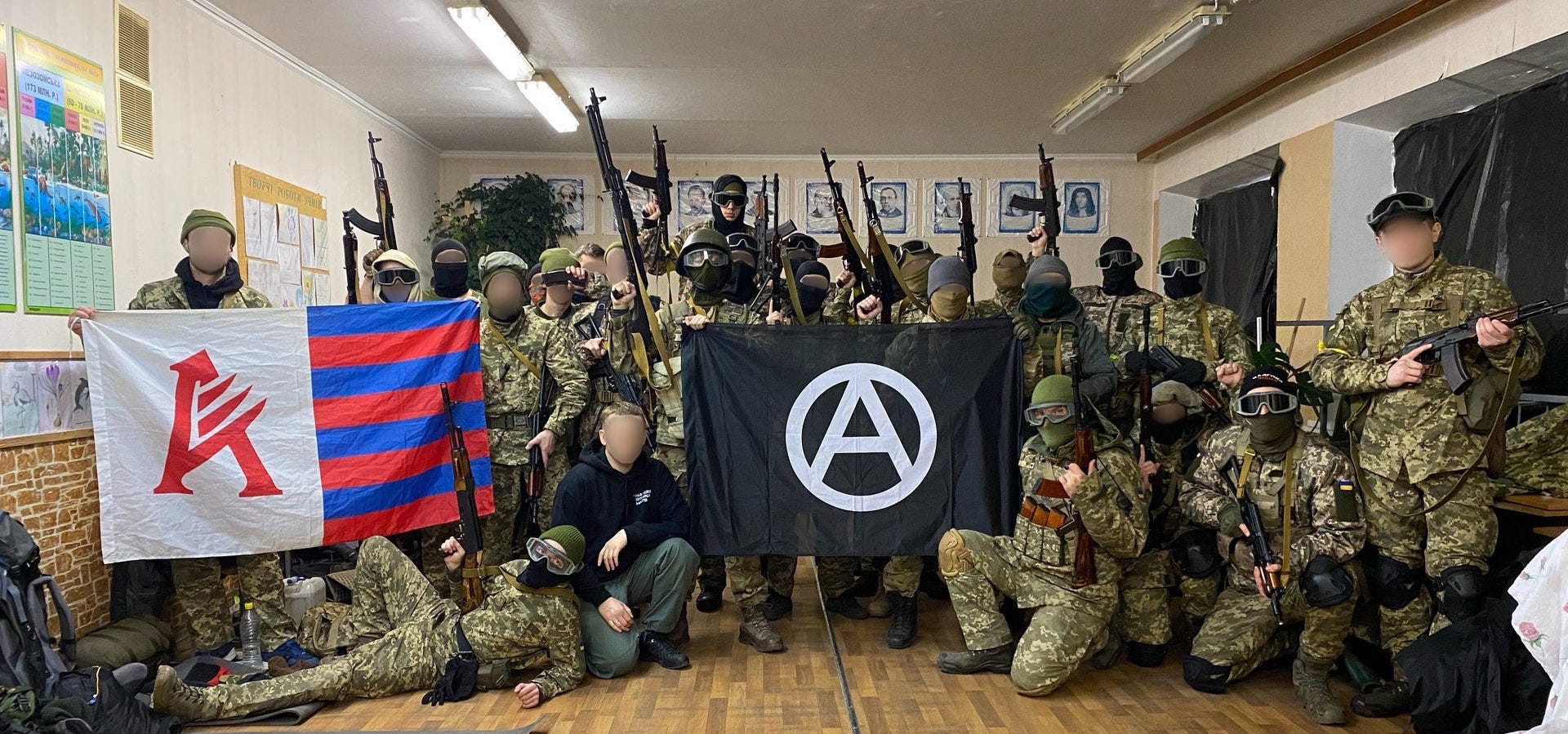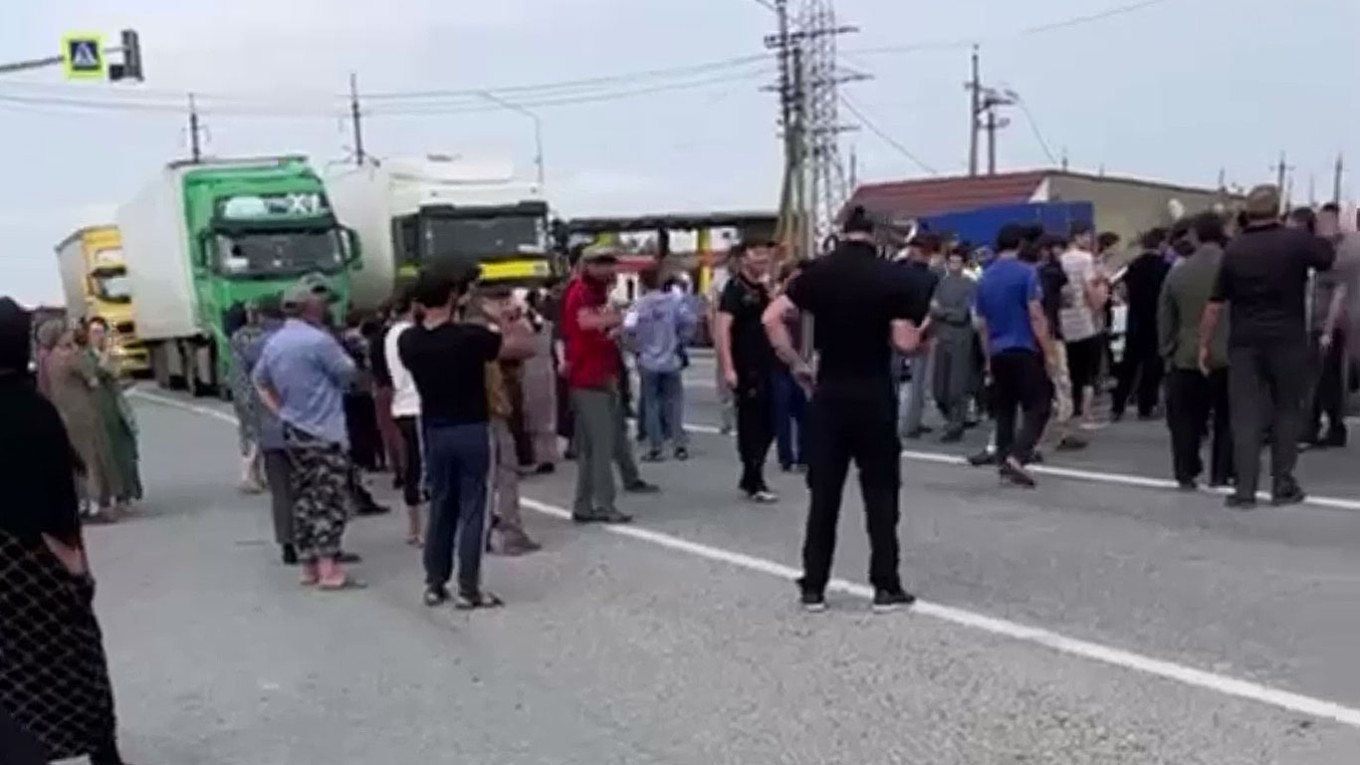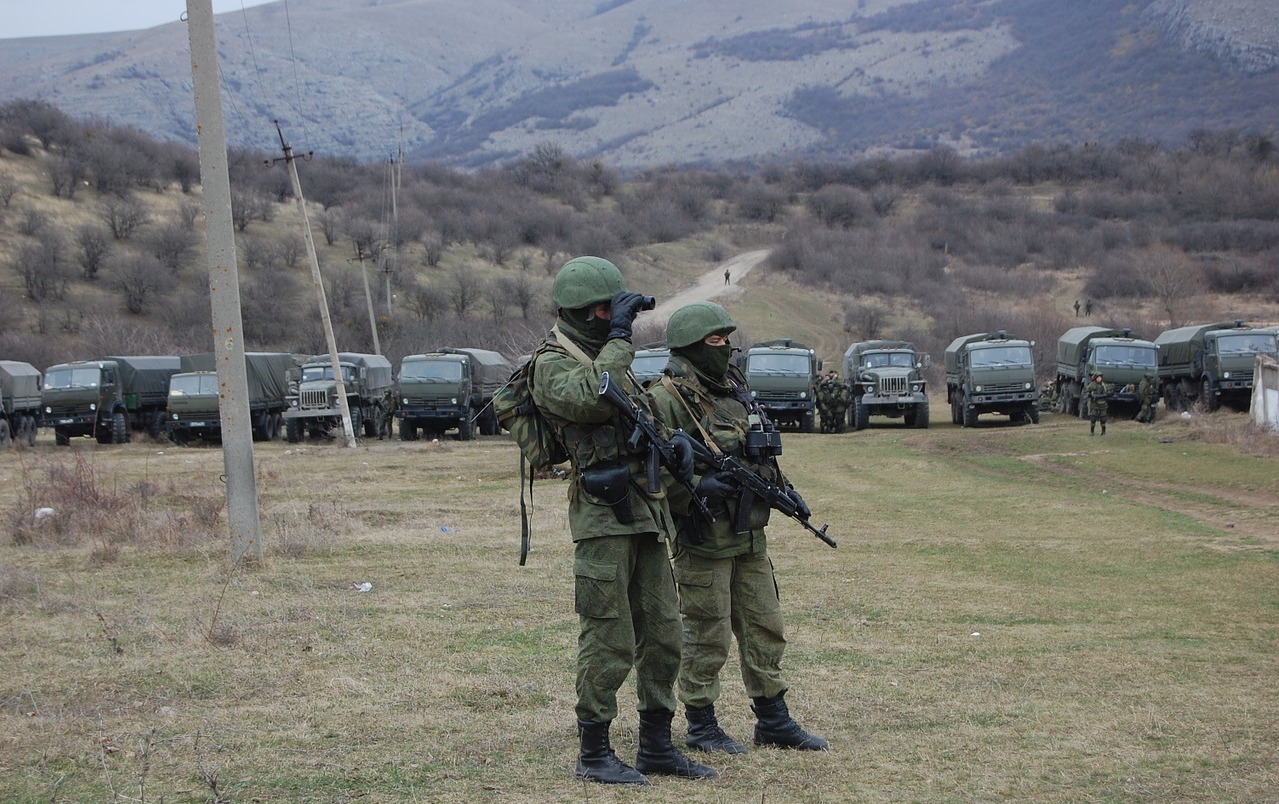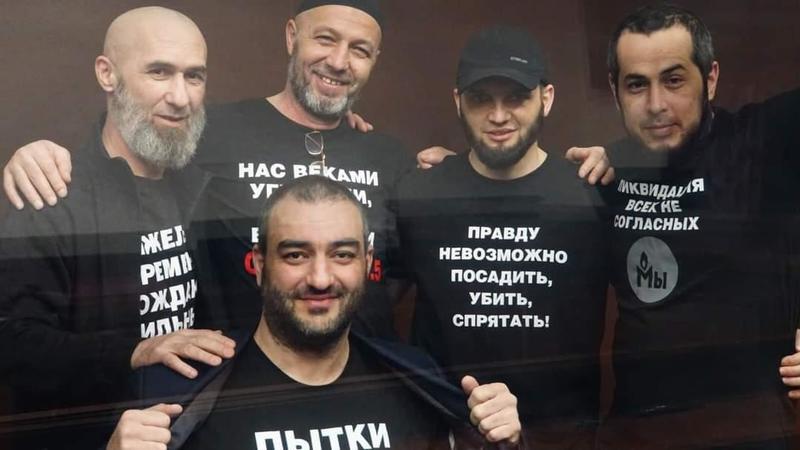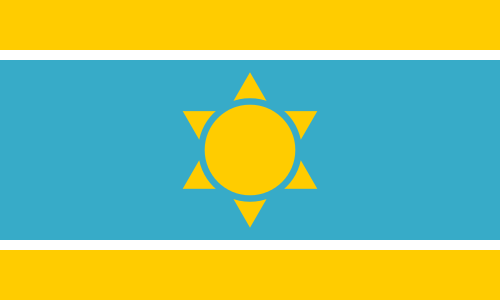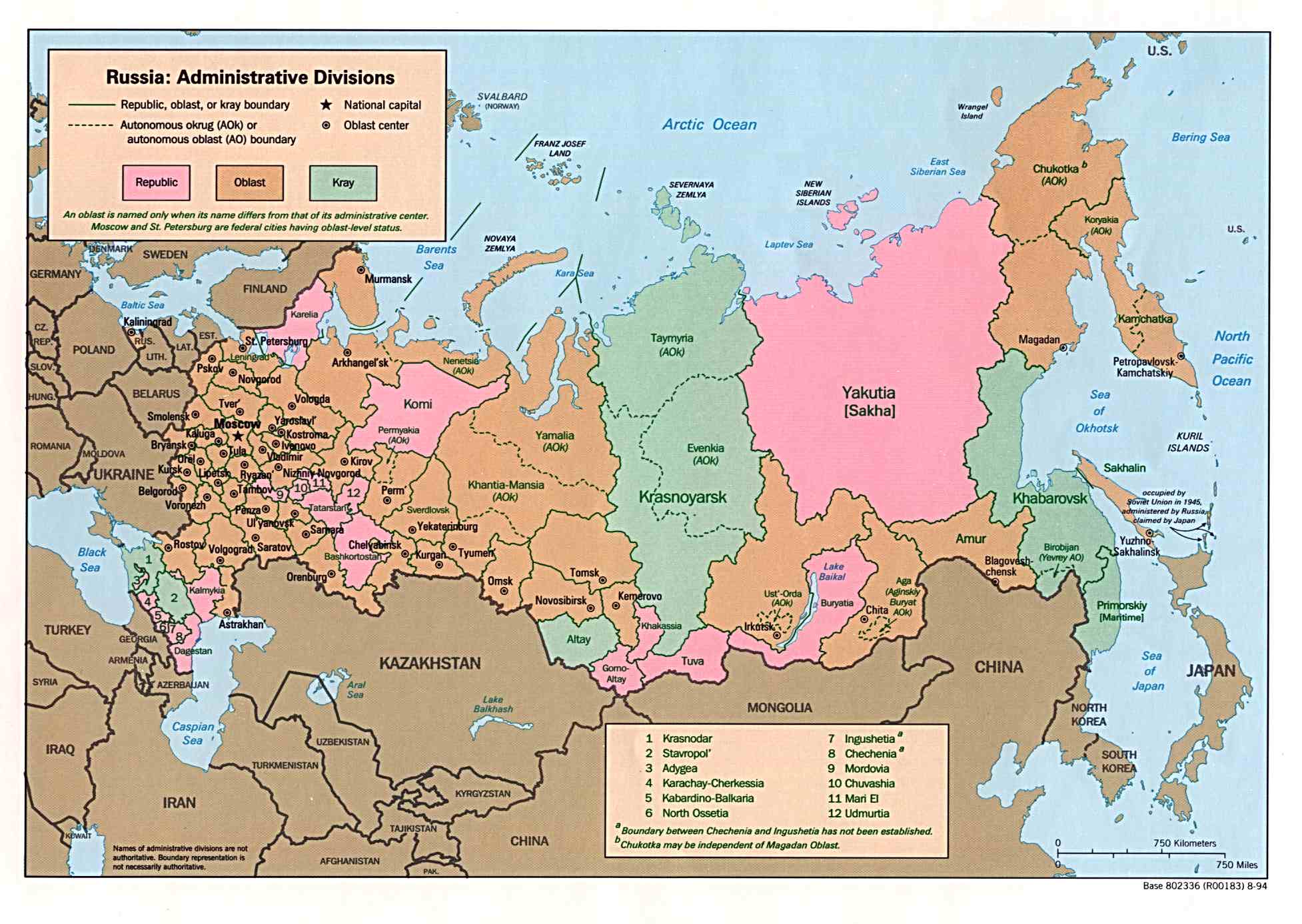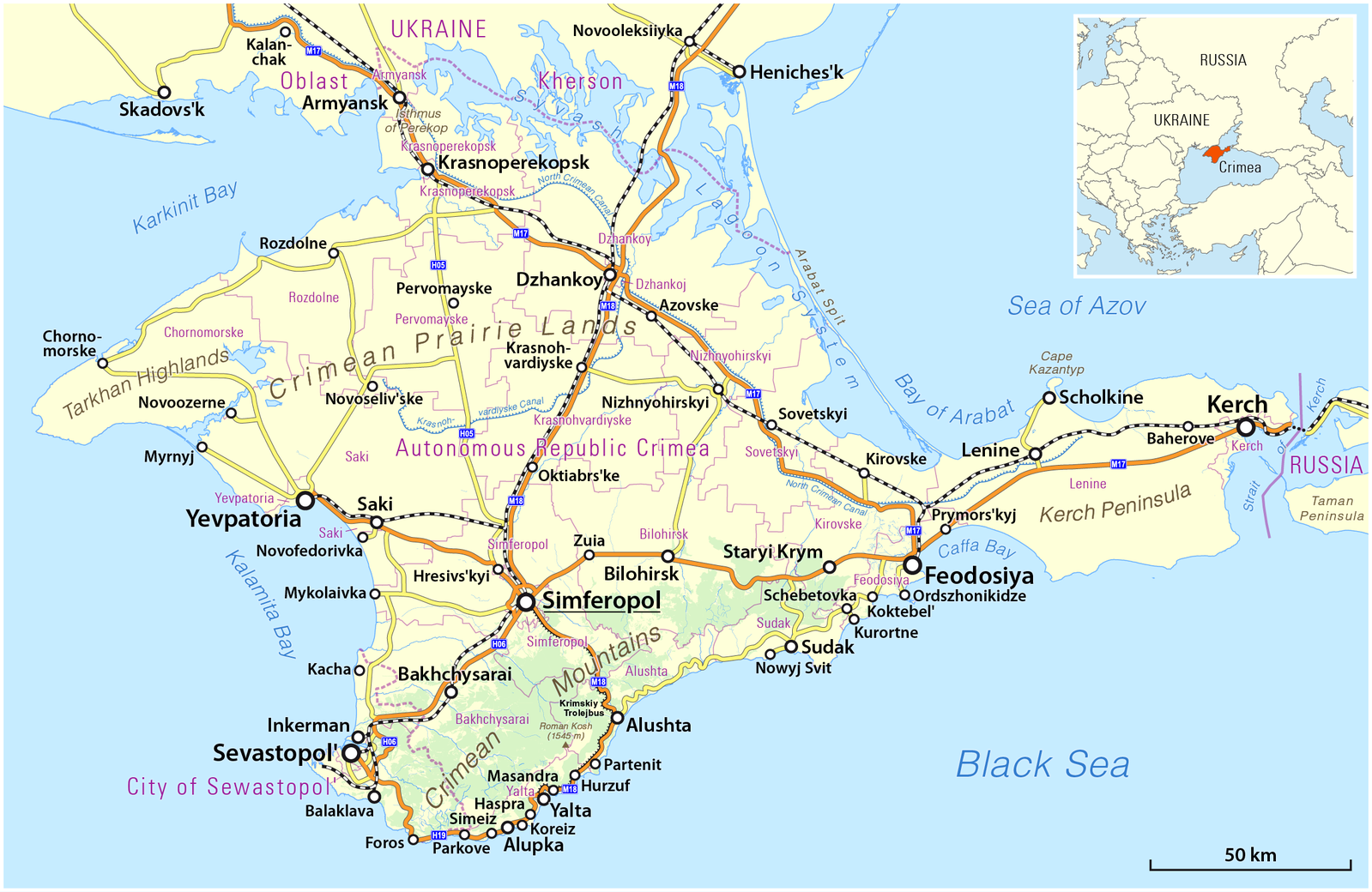
Crimea: 10 years of illegal occupation
Amnesty International states in a new report that during 10 years of illegal occupation, Russia has attempted to reshape the demography of the Crimean Peninsula. It has also suppressed Ukrainian and Crimean Tatar identities through “restrictions on education, religion, media, representative institutions, the judicial system, and cultural celebrations.” Amnesty called for Russia to cease its violations of international humanitarian law in all of Crimea. In Moscow, meanwhile, celebrations were held commemorating the 10 years of Crimea’s annexation. (Map via Wikimedia Commons)




